








Ascendant NY
Verified Center
This provider's information has been quality-checked by Recovery.com's Research Team for accuracy and completeness, including center verification through appropriate third-party organizations.
Treatment Focus
This center treats substance use disorders and co-occurring mental health conditions. Your treatment plan addresses each condition at once with personalized, compassionate care for comprehensive healing.
Primary Level of Care
Offering intensive care with 24/7 monitoring, residential treatment is typically 30 days and can cover multiple levels of care. Length can range from 14 to 90 days typically.
Treatment Focus
This center treats substance use disorders and co-occurring mental health conditions. Your treatment plan addresses each condition at once with personalized, compassionate care for comprehensive healing.
Primary Level of Care
Offering intensive care with 24/7 monitoring, residential treatment is typically 30 days and can cover multiple levels of care. Length can range from 14 to 90 days typically.
Provider's Policy
Please contact Ascendant NY for more information on verifying your insurance information. Ascendant does NOT accept Medicaid, Medicare, or any state funded insurance policies.
Ascendant NY
Ascendant NY
About Ascendant NY
Ascendant New York offers a private and welcoming space for individuals seeking recovery from addiction and co-occurring mental health challenges. Located on Manhattan’s Upper East Side, just steps from Central Park, the center provides detox, residential, outpatient, and intensive outpatient services. Every aspect of care is tailored to meet clients’ unique needs, helping them rebuild their lives with compassion and respect.
Engage in Tailored, Relevant Treatment Sessions
At Ascendant, no two recovery journeys are the same. Treatment sessions are designed to reflect the real needs and experiences of clients, focusing on topics that resonate and provide practical tools for everyday life. Whether addressing trauma, strengthening family connections, or navigating personal challenges, Ascendant’s flexible approach ensures each session is meaningful, effective, and helps build resilience.
Benefit from a Discreet, Professional Setting
Ascendant’s Upper East Side brownstone provides a calm and private environment where clients can focus on their recovery without distractions. With a small census and personalized care, the program prioritizes privacy and attention to ensure each client feels supported throughout their treatment.
Receive Ongoing Support through Alumni Services
Recovery doesn’t stop when treatment ends. Ascendant’s alumni program keeps clients connected through weekly in-person and virtual groups, a dedicated app for sharing milestones and resources, and regular outings that encourage community and connection.
Heal in a Holistic and Comfortable Space
Ascendant integrates holistic care into its recovery approach, offering yoga, therapeutic massages, and other wellness practices that support physical and mental healing. Clients enjoy a discreet, fully equipped facility and curated outings that enrich their recovery experience while building sober, meaningful memories.

Highlights from the Center
Highlights
These highlights are provided by and paid for by the center.
Holistic Approach
Perfect for Professionals
Private Rooms Available
3+ Individual Sessions a Week
Center Overview
Treatment Focus
This center treats substance use disorders and co-occurring mental health conditions. Your treatment plan addresses each condition at once with personalized, compassionate care for comprehensive healing.
Joint Commission Accredited
The Joint Commission accreditation is a voluntary, objective process that evaluates and accredits healthcare organizations (like treatment centers) based on performance standards designed to improve quality and safety for patients. To be accredited means the treatment center has been found to meet the Commission's standards for quality and safety in patient care.

Ascendant NY
Insurance Accepted
Cash Pay Rates
Estimated Cash Pay Rate
Center pricing can vary based on program and length of stay. Contact the center for more information. Recovery.com strives for price transparency so you can make an informed decision.




Recovery.com Verified Listing
Recovery.com verified that the name, location, contact information and license to operate for this treatment provider are valid and up-to-date.

Joint Commission Accredited
Recovery.com is an independent, third-party mental health resource. Verification does not imply endorsement and does not guarantee the quality of treatment services.
Meet Your Care Team

Luis Cajina
Nurse Practitioner
PMHNP, MS, BSN, RN

Charlotte Bareiss
Chief Clinical Officer
LCSW

Carolyn Vara
Clinical Supervisor
LMSW

Karl Morris
Outpatient Director
CASAC 2

Tzvi Hebe
CEO
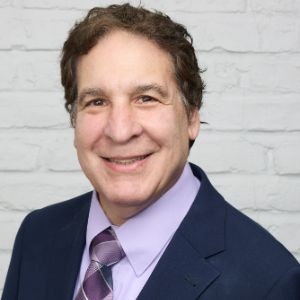
Dr. David Seitz
Acting Medical Director
MD
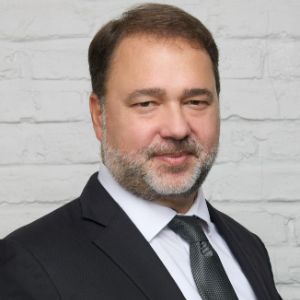
Dr. Michael Genovese
Chief Medical Advisor
MD, JD
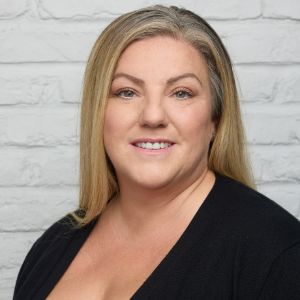
Nicole Palmieri
Nurse Practitioner Supervisor
DNP, PMHNP-BC

Arjun Viswanathan
Nurse Practitioner
PMHNP, RN, MBA
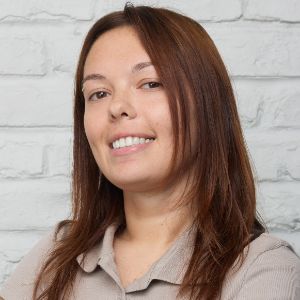
Veronika Chegal
Director of Nursing
RN
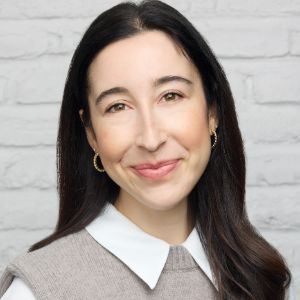
Sara Bocian
Registered Nurse
RN

Isabel Bareiss
Yoga Instructor, Reiki Master
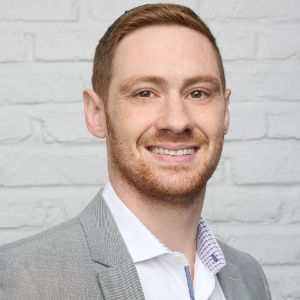
Mordechi “Mutti” Osias
Director of Operations
CASAC
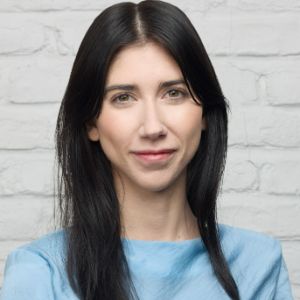
Rachel Gensler
Case Manager Supervisor

Patrick Hatjygeorge
Case Manager
CASAC-T
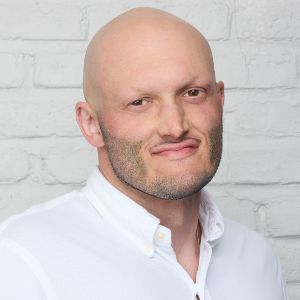
Zachary Franck
Recovery Support Specialist
CRPA-P

Andrew Shuster
Case Manager
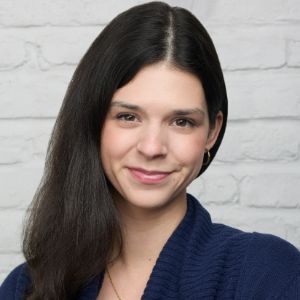
Brigid Meagher
Curriculum Supervisor
MHC-LP
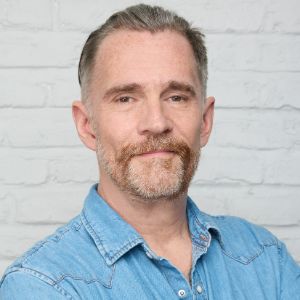
Jeff McDonald
Weekend Program Lead
CASAC
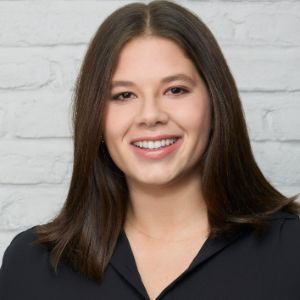
Alison Serling
Substance Abuse Counselor
LMSW

Alexander Vandenbelt
Substance Abuse Counselor
LMSW

Melissa Soong
Substance Abuse Counselor
LMSW
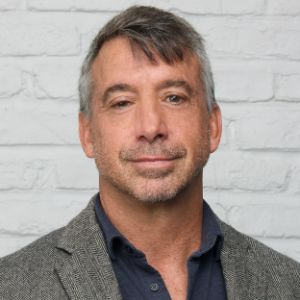
Jason Andrews
Substance Abuse Counselor
CASAC 2
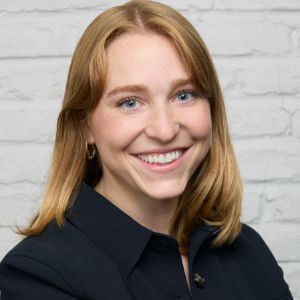
Mackenzie Fauser
Substance Abuse Counselor
LMSW
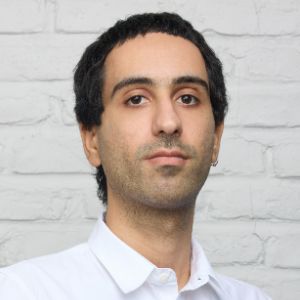
Ryan Oveisi
Substance Abuse Counselor
LMSW
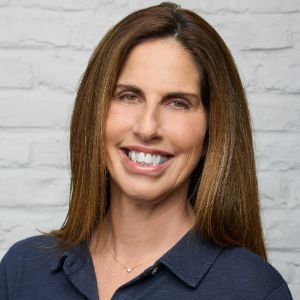
Meredith Levine
Community Manager
CASAC-T
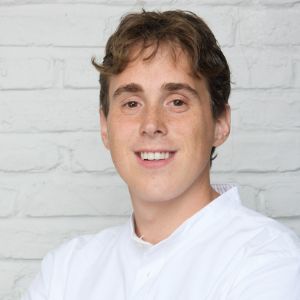
Will Feinstein
Alumni Coordinator

Charisse Ebreo
Chief Administrative Officer
LCSW

Saeed Zareb
CSS Program Director

Brittni Coombs
Director of Admissions
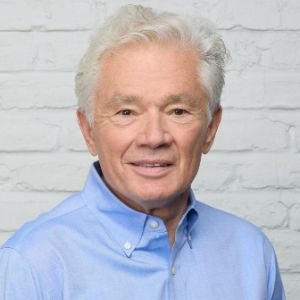
Jeff Holbrook
Chief Happiness Officer
Your Care Options
Specializations
Alcohol
Using alcohol as a coping mechanism, or drinking excessively throughout the week, signals an alcohol use disorder.
Benzodiazepines
Benzodiazepines are prescribed to treat anxiety and sleep issues. They are highly habit forming, and their abuse can cause mood changes and poor judgement.
Cocaine
Cocaine is a stimulant with euphoric effects. Agitation, muscle ticks, psychosis, and heart issues are common symptoms of cocaine abuse.
Drug Addiction
Drug addiction is the excessive and repetitive use of substances, despite harmful consequences to a person's life, health, and relationships.
Executives
Executive treatment programs typically directly support the needs of people who manage businesses and may provide flexible schedules and office space to allow work during treatment.
Opioids
Opioids produce pain-relief and euphoria, which can lead to addiction. This class of drugs includes prescribed medication and the illegal drug heroin.
Prescription Drugs
It's possible to abuse any drug, even prescribed ones. If you crave a medication, or regularly take it more than directed, you may have an addiction.
Professionals
Busy, high-ranking professionals get the personalized treatment they need with greater accommodations for work, privacy, and outside communication.
Who We Treat
Executives
Executive treatment programs typically directly support the needs of people who manage businesses and may provide flexible schedules and office space to allow work during treatment.
Men and Women
Men and women attend treatment for addiction in a co-ed setting, going to therapy groups together to share experiences, struggles, and successes.
Professionals
Busy, high-ranking professionals get the personalized treatment they need with greater accommodations for work, privacy, and outside communication.
Treatment Services
Detox
Detox fully and safely removes toxic substances from the body, allowing the next steps in treatment to begin with a clean slate.
Intensive Outpatient Program
In an IOP, patients live at home or a sober living, but attend treatment typically 9-15 hours a week. Most programs include talk therapy, support groups, and other methods.
Outpatient
During outpatient rehab, patients attend a structured treatment program while continuing to live at home.
Residential
In a residential rehab program, patients live onsite, with access to daily treatment and 24-hour care. An average stay is 30-90 days.
Approaches
Evidence-Based
A combination of scientifically rooted therapies and treatments make up evidence-based care, defined by their measured and proven results.
Holistic
A non-medicinal, wellness-focused approach that aims to align the mind, body, and spirit for deep and lasting healing.
Individual Treatment
Individual care meets the needs of each patient, using personalized treatment to provide them the most relevant care and greatest chance of success.
Personalized Treatment
The specific needs, histories, and conditions of individual patients receive personalized, highly relevant care throughout their recovery journey.
Therapies
1-on-1 Counseling
Patient and therapist meet 1-on-1 to work through difficult emotions and behavioral challenges in a personal, private setting.
Meditation & Mindfulness
A practiced state of mind that brings patients to the present. It allows them to become fully aware of themselves, their feelings, and the present moment.
Aromatherapy
Inhaling or topically applying essential oils can help relieve stress, soothe pains, and relieve emotional distress.
Art Therapy
Visual art invites patients to examine the emotions within their work, focusing on the process of creativity and its gentle therapeutic power.
Experiential Therapy
With this approach, patients heal by doing. Therapists help patients process difficult emotions to speak, using guided activities like art or dance.
Family Therapy
Family therapy addresses group dynamics within a family system, with a focus on improving communication and interrupting unhealthy relationship patterns.
Massage Therapy
Massage therapy relieves physical and emotional tension, reduces pain, promotes relaxation, and improves emotion regulation.
Motivational Interviewing and Enhancement Therapy (MET)
This approach is based on idea that motivation to change comes from within. Providers use a conversational framework that may help you commit to recovery.
Substances We Treat
Alcohol
Using alcohol as a coping mechanism, or drinking excessively throughout the week, signals an alcohol use disorder.
Benzodiazepines
Benzodiazepines are prescribed to treat anxiety and sleep issues. They are highly habit forming, and their abuse can cause mood changes and poor judgement.
Chronic Relapse
Consistent relapse occurs repeatedly, after partial recovery from addiction. This condition requires long-term treatment.
Co-Occurring Disorders
A person with multiple mental health diagnoses, such as addiction and depression, has co-occurring disorders also called dual diagnosis.
Cocaine
Cocaine is a stimulant with euphoric effects. Agitation, muscle ticks, psychosis, and heart issues are common symptoms of cocaine abuse.
Drug Addiction
Drug addiction is the excessive and repetitive use of substances, despite harmful consequences to a person's life, health, and relationships.
Heroin
Heroin is a highly addictive and illegal opioid. It can cause insomnia, collapsed veins, heart issues, and additional mental health issues.
Methamphetamine
Methamphetamine, or meth, increases energy, agitation, and paranoia. Long-term use can result in severe physical and mental health issues.
Languages
Aftercare
Care Designed for Your Needs
Personal Amenities
Special Considerations
Activities
Yoga
Yoga is both a physical and spiritual practice. It includes a flow of movement, breathing techniques, and meditation.
Off-Site Amenities
Learn More About the Center
Local Activities & Sober Events in New York
Bookmark this long list of ways to have fun in New York without drugs and alcohol.
Find Sober Roommates in NYC
Learn how to find sober roommates in NYC to build accountability and create a trigger-free living environment.
Psychodrama Therapy for Addiction
Discover how psychodrama helps process emotions and heal from addiction through dynamic role-playing.
Dialectical Behavior Therapy
Learn about dialectical behavior therapy’s role in treating addiction.





